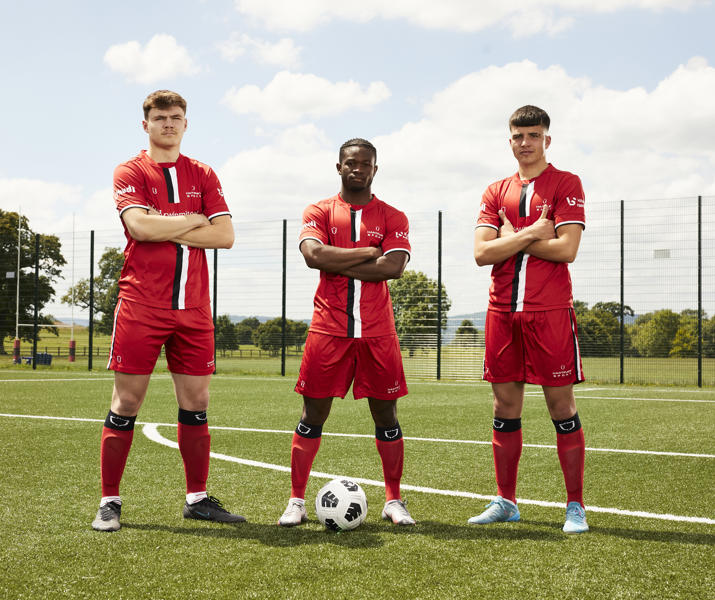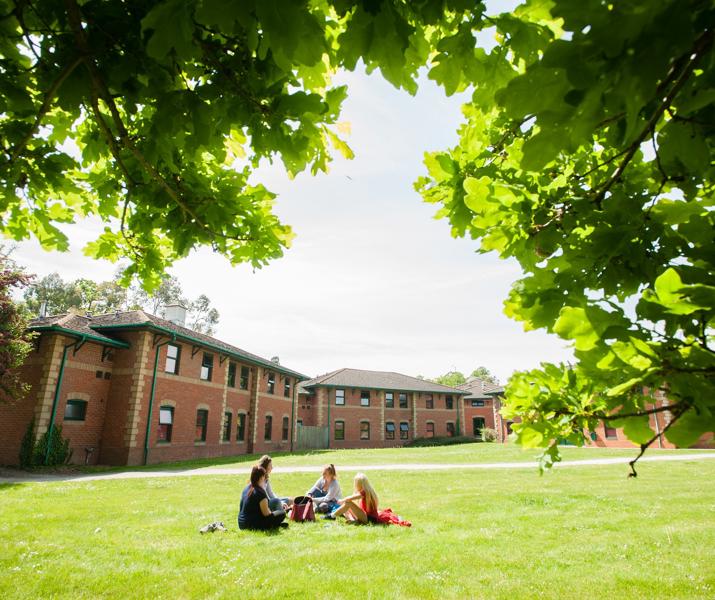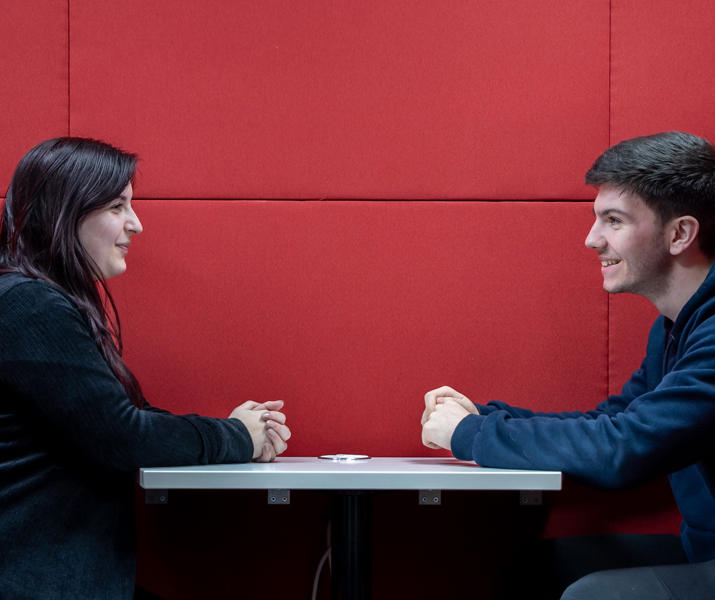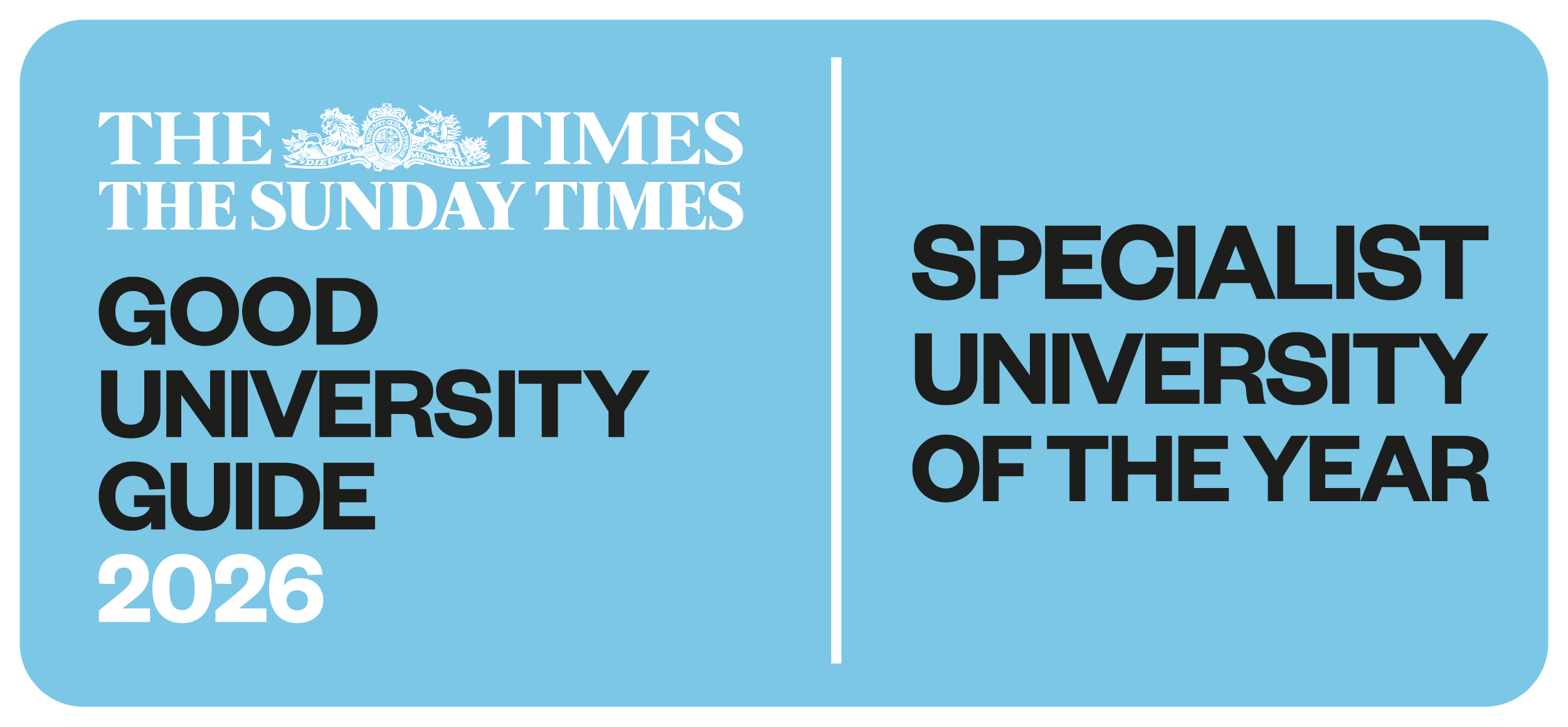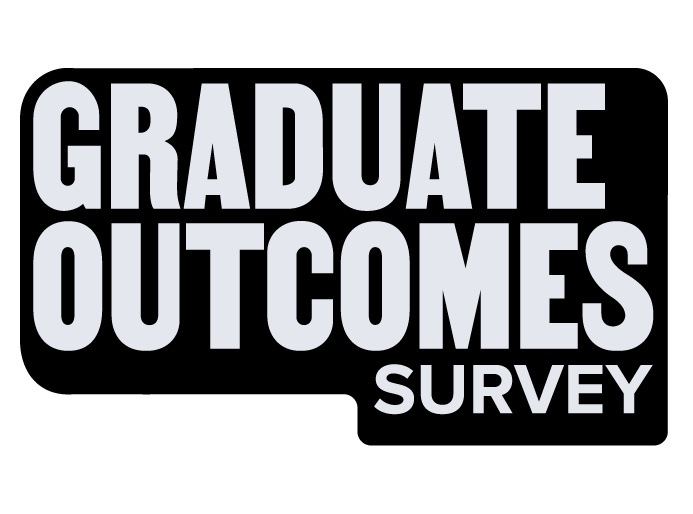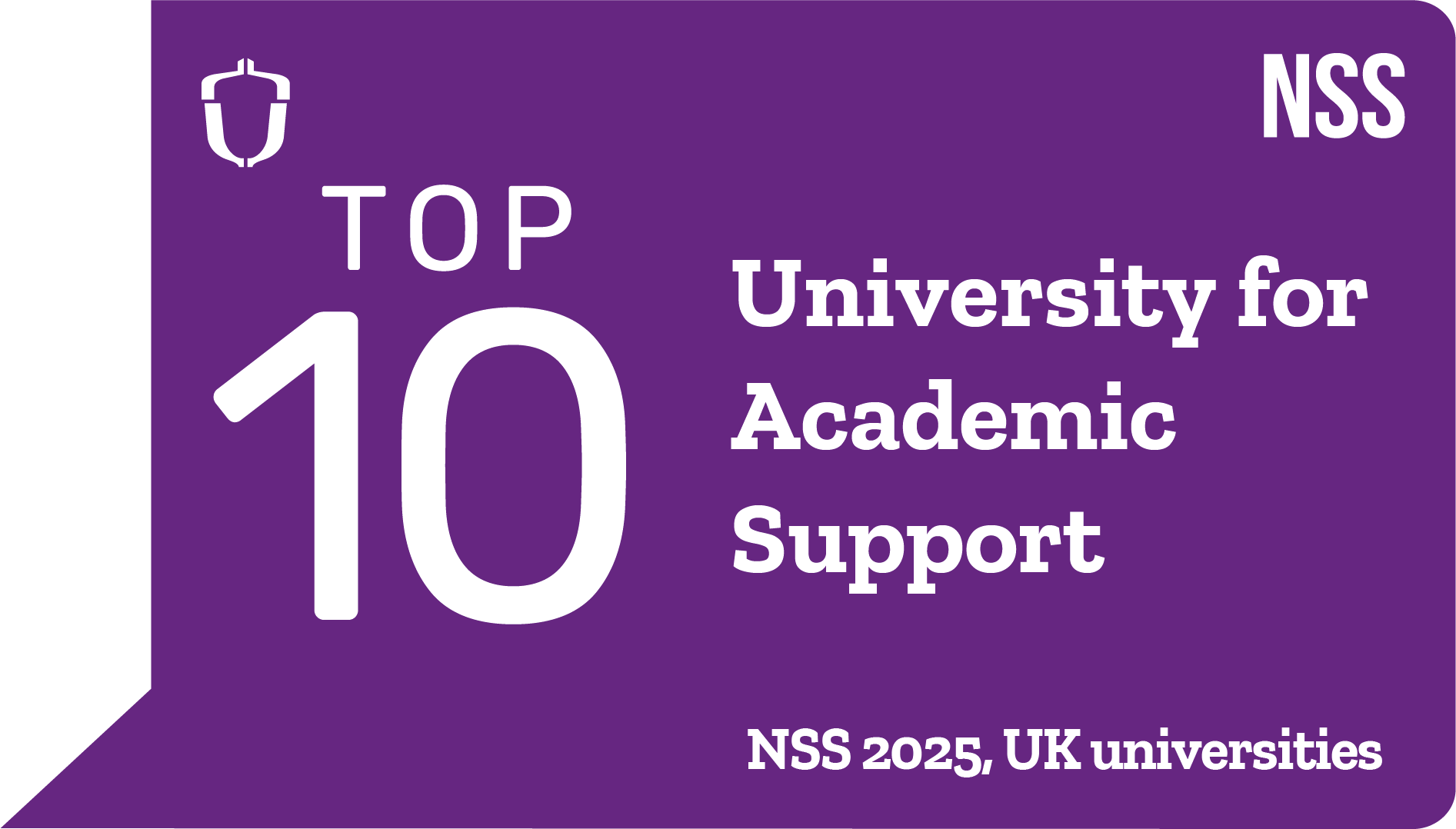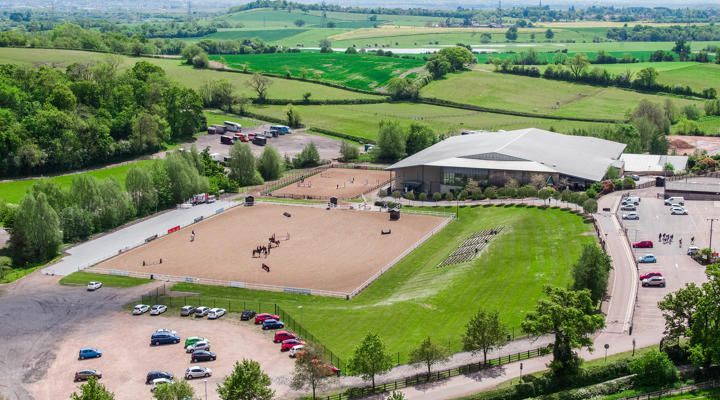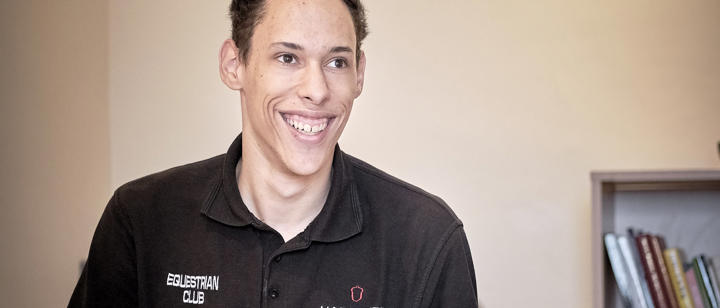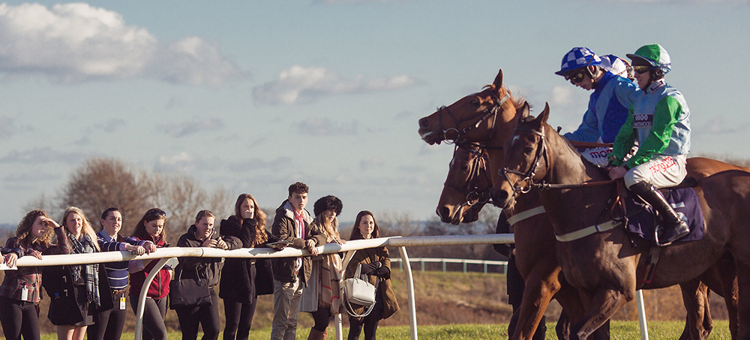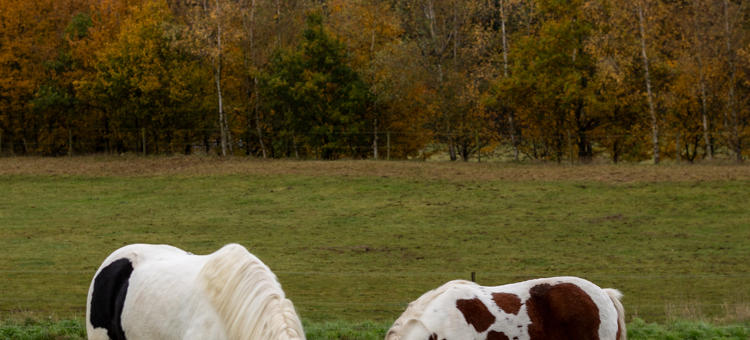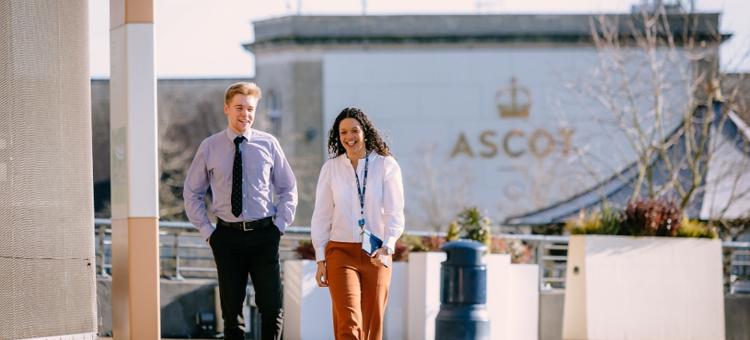Please visit our finance page for information on tuition fees and student loans, as well as non-repayable grants, bursaries and scholarships, eligible to different groups, to support with study costs.
Below, you'll find extra costs associated with studying this course.
Clothing and footwear
You’ll need some specialist kit and clothing for the course, such as yard boots, riding hats and gloves to be prepared for your practical sessions on the programme.
We’ll let you know exactly what you need to bring before enrolment.
Hartpury University branded clothing is also available through our online shop, for those who wish to purchase it, however, this is not essential.
Optional field trips (up to circa £1800)
You are encouraged to engage in various trips and visits as part of the course. These are often included as part of the modules. There is the opportunity to engage in additional study trips, which would incur minimal fees relating to travel and/or expenses.
Livery
We have stabling for 230 horses on campus. If you're interested in having your horse at Hartpury on DIY livery while you study, please visit our livery page for details and costs.
Equine Academy
If you have the talent and drive to develop your skills as an equestrian athlete alongside your studies, you may be eligible to join our Equine Academy. For further details including costs, please visit our Equine Academy page.
Accommodation and living costs
Please visit our student accommodation page for details.


